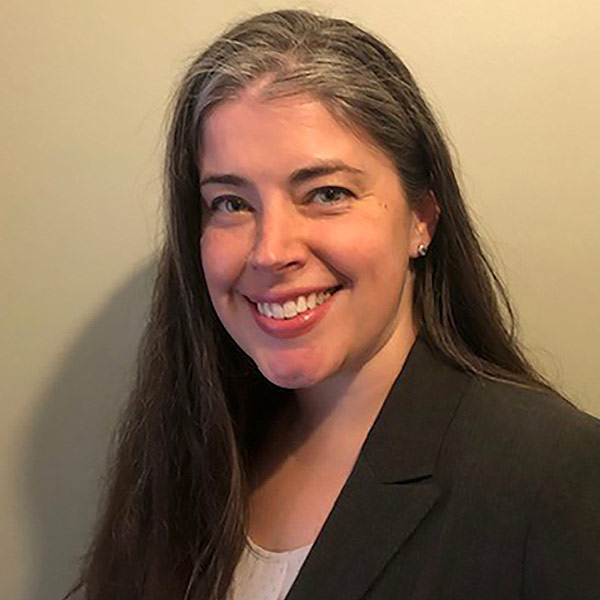#ChooseCardiology: Carrie Puckett, MD

Why did you choose cardiology?
At an early age, I witnessed a family member with valvular heart failure (HF). I was drawn to the cardiac mechanics of valvular stenosis leading to HF and mesmerized by the simplicity that a mechanical heart valve could lead to such a profound clinical improvement. I was sold on becoming a physician after that point, and the physiology and mechanics of the human heart drew me to HF cardiology thereafter.
What do you like best about cardiology?
I appreciate the pathophysiology of the cardiovascular system as it applies to HF management both for chronically stable and acute hemodynamically unstable cardiovascular conditions. It is very rewarding to see the dramatic clinical improvement one can have as you integrate the science directly to patient care. I also appreciate the data driven nature of our field to guide our management.
Who has been a role model or a mentor for you?
Jill M. Gelow, MD, MPH, FACC, has been a mentor for me both as a female leader in cardiovascular medicine, personally, as well as academically. Her clinical expertise, teaching prowess, bedside manner, and passion for cohesively integrating all aspects of a patient's goals and options into their clinical course with advanced HF is impressive and has shaped my clinical practice.
Why did you choose this area of cardiology?
HF cardiology allows me continuity of care with patients. I can be a part of a patient's entire clinical journey from a new HF diagnosis on medical therapy to end stage HF requiring advanced therapies such as LVADs, heart transplant or palliative care discussions at end of life, all of which I find equally rewarding. As new effective medical therapies and further technological advances in mechanical support develop, it is an exciting field to be involved in as we improve HF patients' quality of life and survival.

What advice would you give women considering cardiology and specifically HF cardiology?
Follow the science, ideas, and specialty that challenges and motivates your mind regardless of what barriers you think you may encounter. Despite a history of gender disparity within the specialty of cardiology and the limited proportion of women in U.S. cardiology fellowship programs in the past, remember there is internal momentum for change. I thought based on academic training that my HF expertise was primarily suited at an academic center with heart transplant and LVAD, such that working anywhere else I might not be able to thrive. I was wrong, and HF cardiologists are needed in all areas and there are endless opportunities for one to integrate your knowledge into new program development or collaboration.
Would you choose HF cardiology again?
Of course, I would definitely #ChooseCardiology again! I find it even more rewarding than I anticipated.